Having a new puppy can be a bit of an emotional roller coaster at times, but it’s often the lesser talked about reality of new puppy parenthood. It can leave you feeling a little isolated, frustrated, and even perhaps regretful. It’s the puppy blues in full effect!
I’m going to let you into a well-kept secret that I think will help you. A large percentage of the issues we see with puppies are not actually training issues at all.
There are two things that are leading to you feeling overwhelmed, conflicted, and possibly even guilty about life with your new puppy. You might be surprised to learn that they are both fairly easy to overcome once you identify them.
So what are they, Jo? I hear you cry.
Expectations and too much information.
In this puppy blues blog, we will delve into both of these factors so you can recognise them, manage them and come out the other side with your sanity intact and a dog you love deeply and understand.
So, let’s start with expectations.
Puppy Blues: Is it normal to feel regret after getting a puppy?
You had a vision of what life was going to look like when you welcomed your puppy or rescue dog home. And this isn’t it.
You’re exhausted. You’re monitoring your puppy’s toileting habits constantly, you’re sleep-deprived, and you’re frankly covered in bite marks gifted to you by your little shark puppy’s razor-sharp teeth.
It’s disappointing, upsetting, frustrating, and you might even be feeling like getting your puppy was a terrible idea. Don’t panic! It’s also normal!
Guess what?! Your puppy is more than likely behaving like a puppy. The problem is not you, and it’s not your puppy. He isn’t some devilish spawn that you should never have invited into your life.

The problem is that you weren’t given an honest reflection of what these early weeks and months might look like. It’s not your fault.
You read all the books and boffed up before getting him home, but now it’s like everything you read was written for someone else.
I’ll tell you why. There isn’t much out there that highlights the fact that your puppy will not master everything you try and train immediately. And that’s not because you’re not doing it right. It’s because there are developmental milestones that have to be reached before that training will cement. Training takes time.
Why is my puppy so hard to train?
Your 9-week old puppy cannot physically hold their wee and poo in. They are not developed enough to do so. Your puppy doesn’t have the capacity to be fully toilet trained until approx 16 weeks old, when he can begin to learn to hold his toileting needs until he’s in an appropriate place.
That doesn’t mean there’s no point in doing any toilet training. There is. But it means that you can allow yourself to relax a little and enjoy the little successes which are slowly adding up.
Let go of berating yourself (and your puppy) whenever you find a puddle somewhere you’d rather not. It’s going to happen. Stock up on kind words for yourself and your puppy, enzymatic cleaner to remove odours and stains, and treats for celebrating the toileting that is happening in the right places.
And trust that it will pay off. These little accidents may be frustrating, but they won’t be forever.

The puppy biting you’re experiencing is also normal. Your puppy is teething, prone to becoming overtired in the blink of an eye and learning about the world with her mouth. You can do things to help your puppy with their sore teeth, but it is unrealistic to think you can completely eradicate any biting.
Those sleepless nights or hideously early mornings? Yup, normal! Again, there are things we can do to make it easier on you and your puppy, but it’s unlikely that you’ll be gifted a puppy who sleeps 12hrs straight as soon as they enter your life.
The fun and joy you expected from puppy life are in there. You will enjoy your life with your dog. The puppy blues will pass!
You just need some help to adjust your expectations so that you can revel in your training successes and actually recognise when they happen. You might find that your puppy training is actually going swimmingly, you just need a different perspective… and perhaps a couple of small tweaks to help you on your way.
Who can I trust – there is so much conflicting information
I remember when I first had my son, Logan. Yes, I’m talking about a human child, but stick with me, it is relevant, I promise.
I drove myself round the bend, worrying about whether I was getting it right. I’d read so many books while pregnant, but my views were completely different when he arrived.
So what did I do? I turned to Google, of course!
And I didn’t stop there. I read various books, talked to friends, and tied myself in little knots once I’d acquired a ton of conflicting advice.
It was overwhelming, confusing, and very unhelpful.
We all have really good gut instincts, but we go down these rabbit holes seeking information, and we often end up ignoring or even fighting against our gut.
I have clients who have achieved great results using books or videos from YouTube. They have developed amazing skills which have helped them to train their dogs. But there is still something missing.
For a lifetime of success, understanding, and a strong bond with your dog, you need to not just be able to teach behaviours but to have a clear understanding of your dog’s behaviour.

What’s beneath the problems you are experiencing? When you understand your dog’s specific needs, what motivates him, what he struggles with and what emotions he is experiencing, you are both set up for an incredible relationship.
That can’t be taught in a generic video or picked up from a well-meaning dog friend because your dog is unique. There will be different motivations, life experiences, breed traits and so much more that affect your dog’s perspective on the world.
Let’s go back to Logan for a minute. Imagine I told a friend he screamed all night, and I was at my wit’s end. And imagine my friend told me that she had a similar experience, and her baby was hungry, so she gave her an extra feed before bed, and the problem was solved.
So off I toddle, and I give Logan a huge top up feed before bedtime. Only he doesn’t sleep soundly. He screams even more and for longer. Because the reason he couldn’t sleep was reflux, and the extra milk just made that 10x worse. This is a made-up story, but I just want to highlight how if we seek out information without a two-way exchange, it can quickly lead us into bigger problems.
Just like children, our puppies and dogs need us to be consistent. And with the best of intentions, when we bounce from pillar to post trying different techniques from various people, it simply doesn’t work. In fact, a lot of the time, it creates bigger problems, because we are now unpredictable to our dogs (or kids), and that doesn’t foster confidence or security.
What should I focus on with my puppy?
Your puppy is like a baby, he/she needs you. The absolute best thing you can do for your puppy (and your future self) is to help your puppy to grow in confidence. The typical dog training obedience stuff can come later. The early weeks and months are all about supporting your puppy and helping him/her to feel secure and safe.
This solid foundation will enable you to build a strong relationship with your puppy. And that foundation will make it a million times easier to teach your puppy the vital skills they need to grow into an assured, confident, and happy dog.
You can begin teaching cues such as drop and leave to help keep your puppy safe, of course. I don’t mean that you should completely ignore all elements of training your puppy. But the area of most importance is your relationship and their feeling secure.
So, if you’re not going to Google everything and ask every dog owner you know, what’s the alternative?
“I wish I had got help from the beginning” is a phrase I hear from clients all the time. Initially, they tried using a book or the internet to help them with their puppy woes, but the reality was they became even more overwhelmed.
They wound up pulling their hair out and making things so much harder for both themselves and their puppy.

Prevention is better than cure
Don’t put off puppy training until you have a problem. It will be so much harder for you and your puppy.
Being proactive to prevent problems or getting help as soon as they arise sets you and your puppy up for success both now and in the future. Whether you’re having a tough time or you’d like to try and prevent a challenge from occurring, having a professional you can call on to discuss your individual situation is a huge relief.
How choosing one to one puppy training support can help you overcome the puppy blues
Group puppy training classes usually teach general obedience training covering things like sit, stay, recall, and drop. And while these can be helpful skills to learn, you then have to take what you’ve learned in a class environment and progress it in the outside world alone. And that can be tricky without someone coaching you through the little hiccups that occur in day-to-day life.
Choosing one to one dog training support means that we work on your specific challenges and your unique goals. We consider your lifestyle, the things that are important to you, and we work on a bespoke plan for your puppy or dog and support you through putting it into action.

I’m not just a dog trainer and behaviourist, I support the humans I work with. If you have a safe person to turn to it makes it a million times easier for you to be the safe person for your puppy.
And it helps you get over those inevitable humps without falling down a Google hole, only to emerge confused, even more exhausted, and utterly fed up.
Instead, you have one person to reach out to who will give you consistent, tailored advice and support that meets your needs and those of your puppy. Hurrah!
So that vision you had of life with a confident and calm dog by your side that can stride through life with you no matter what happens is your reality.
If you’re struggling with the puppy blues, then please don’t suffer alone. Reach out and get in touch with me, and let’s banish those puppy blues so you can enjoy your new pup!
Since you’re here and tackling all things puppy, you might find this blog on socialising your puppy a useful read. https://johinds.com/2018/03/29/dog-play-vs-oversocialisation/
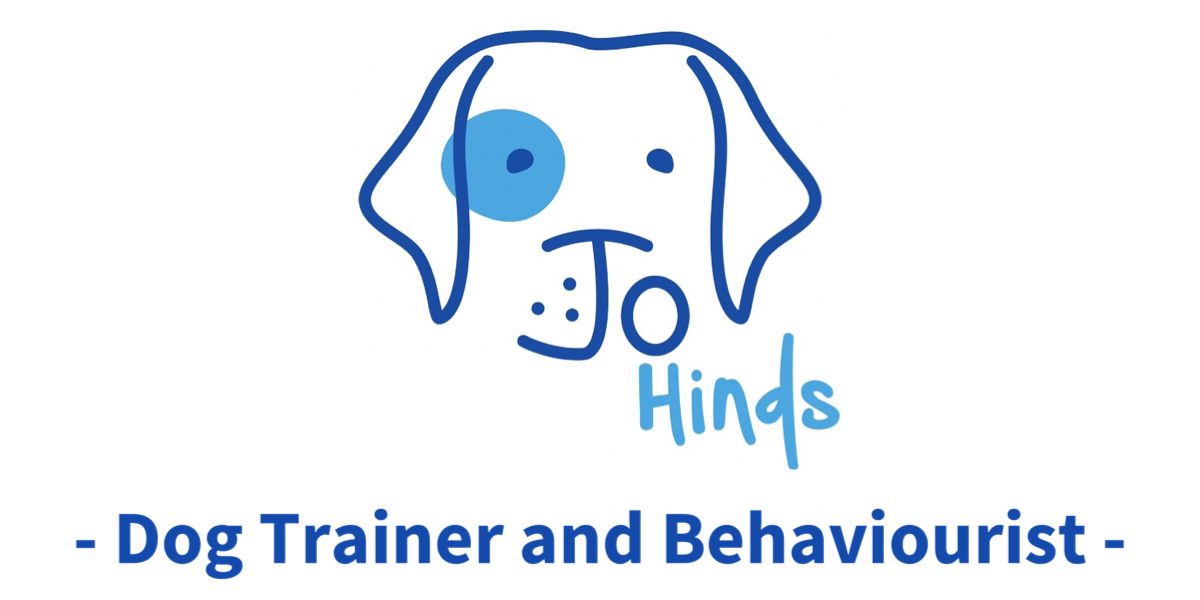

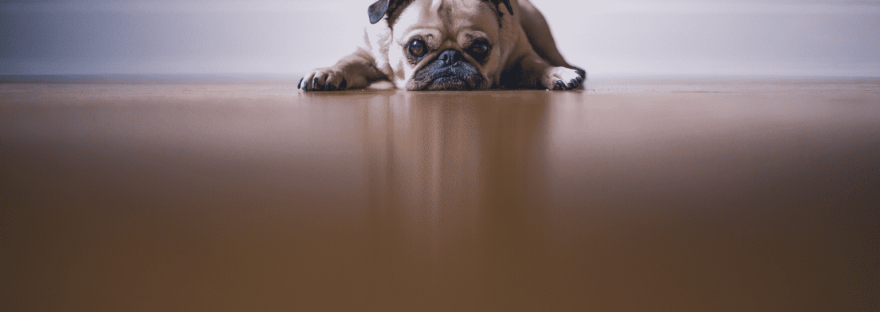
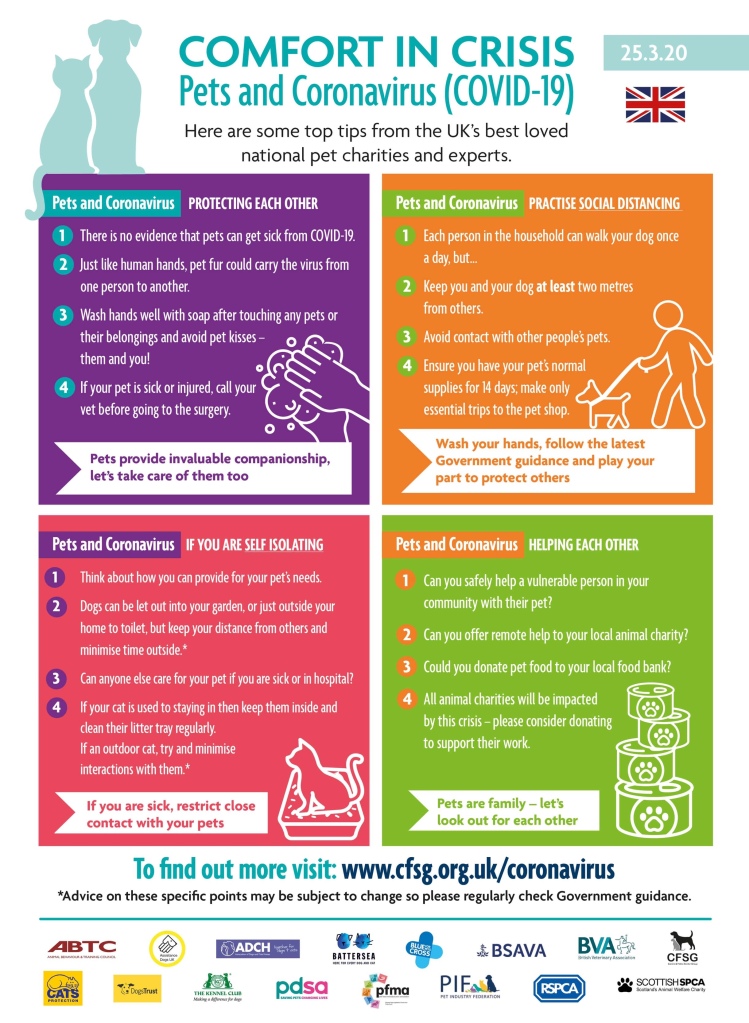
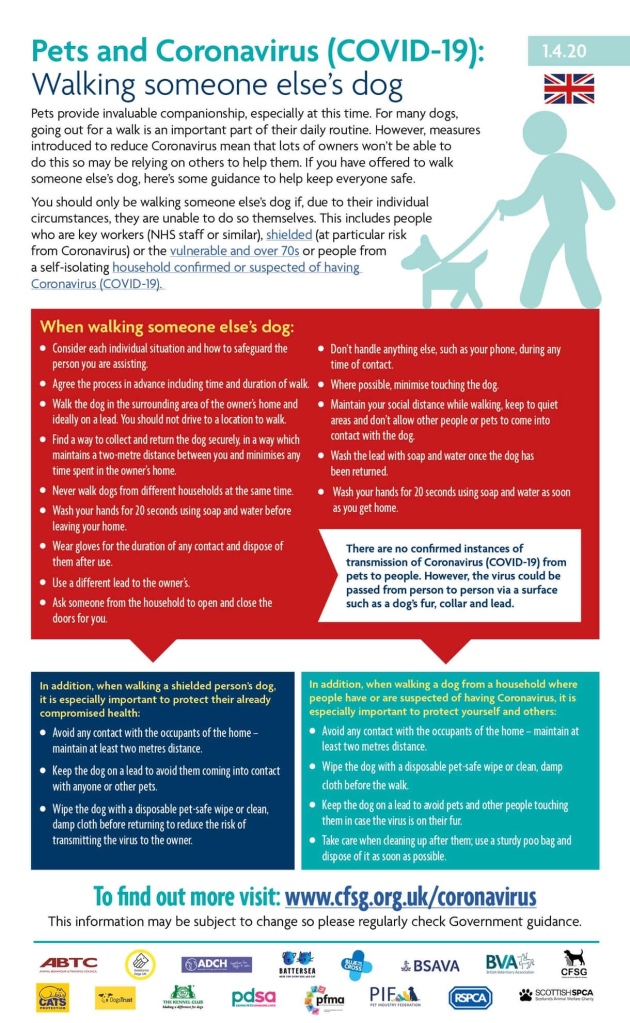
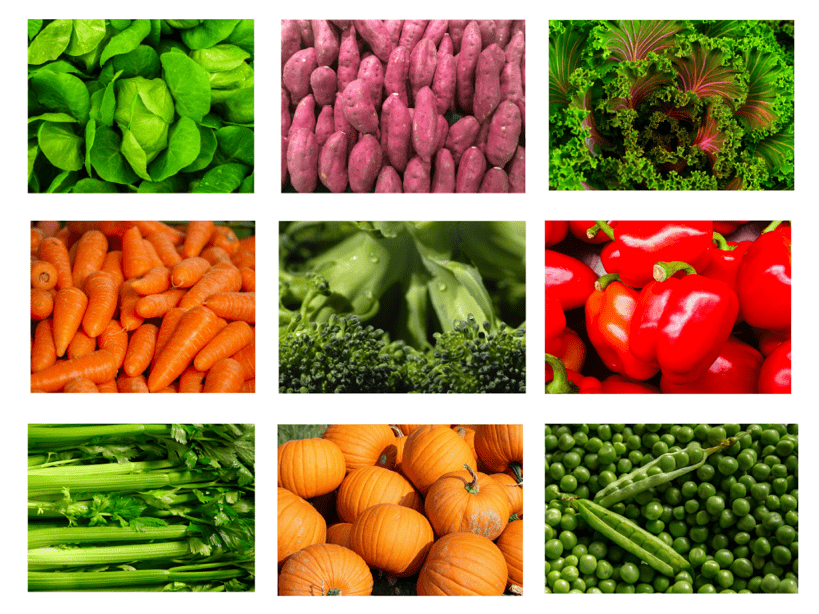
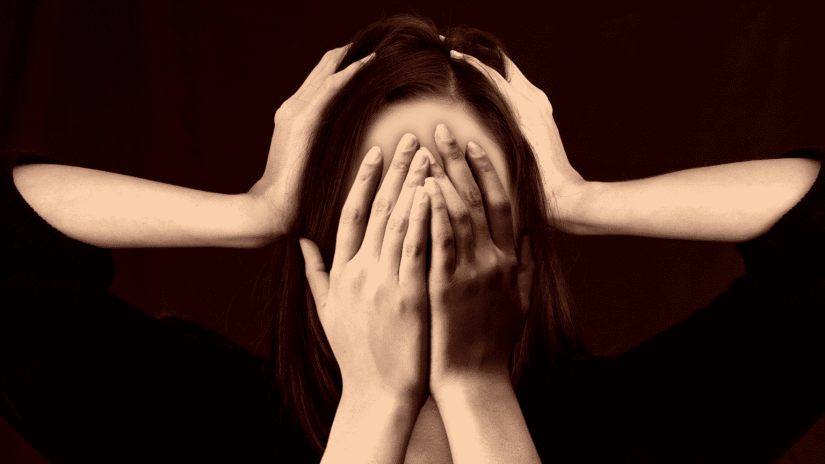
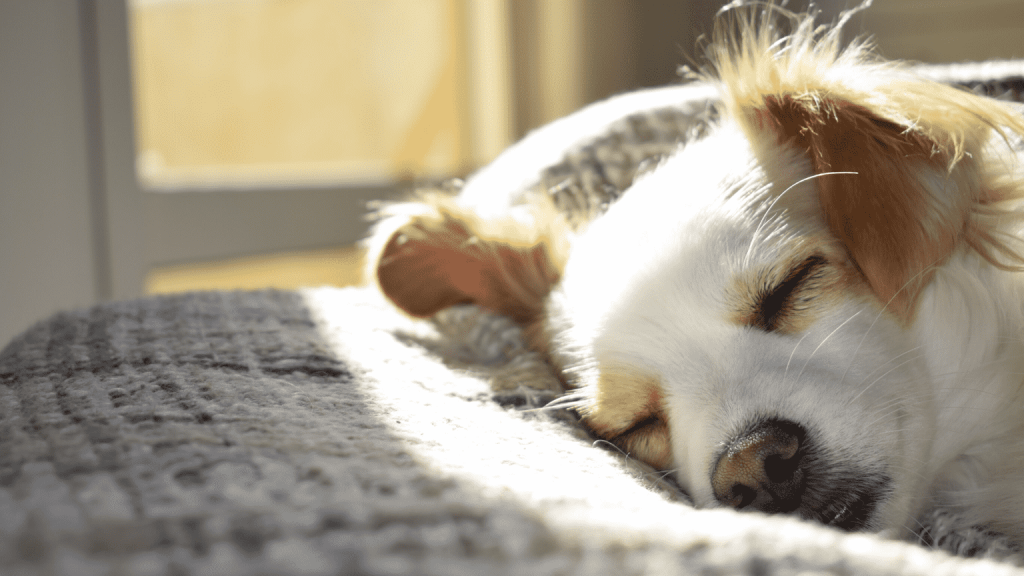

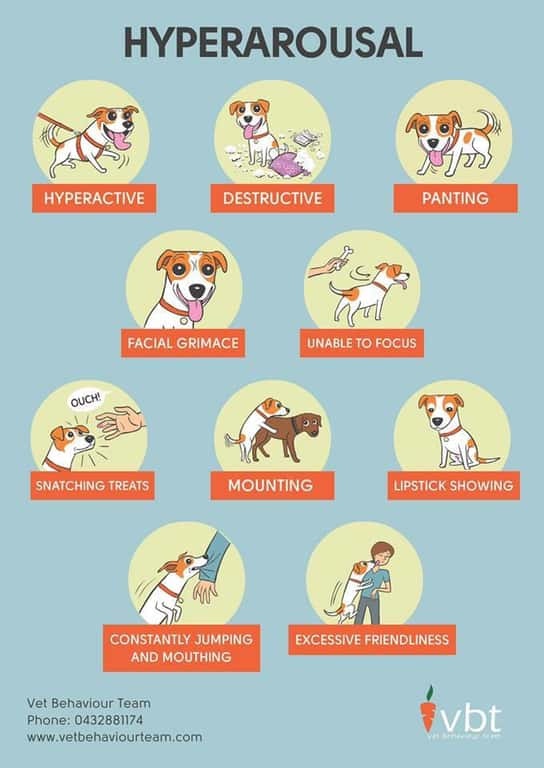
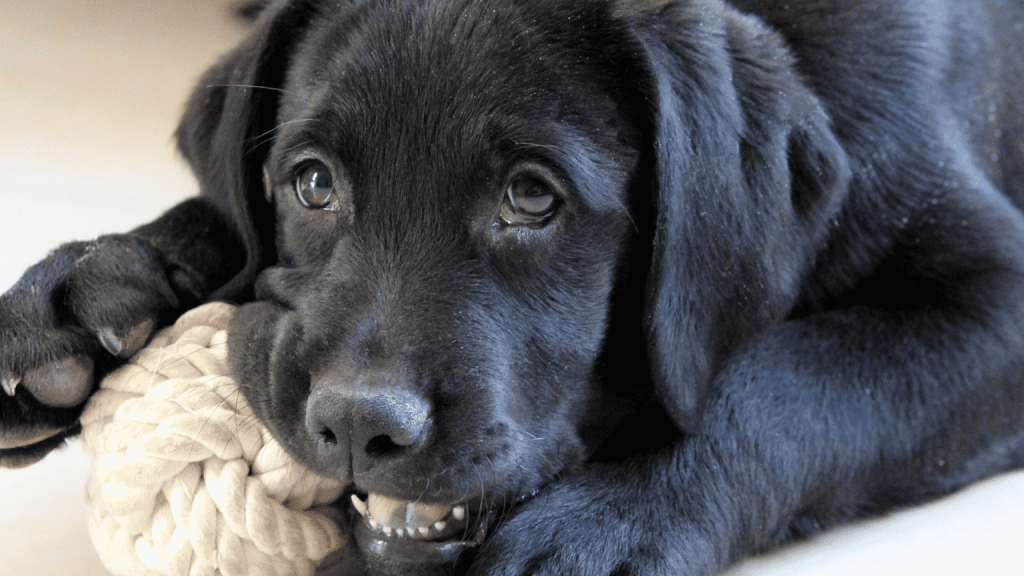
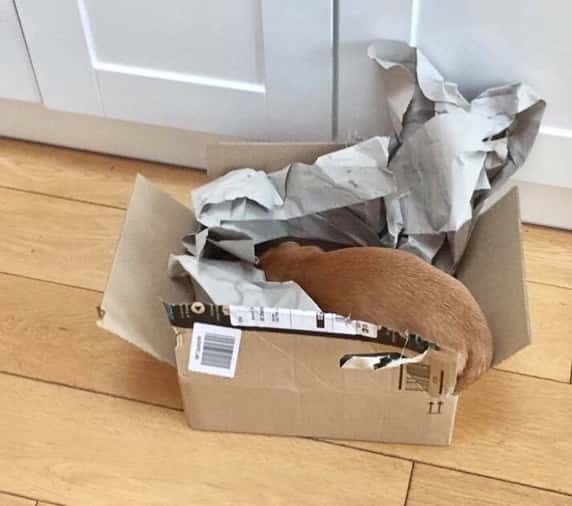
You must be logged in to post a comment.